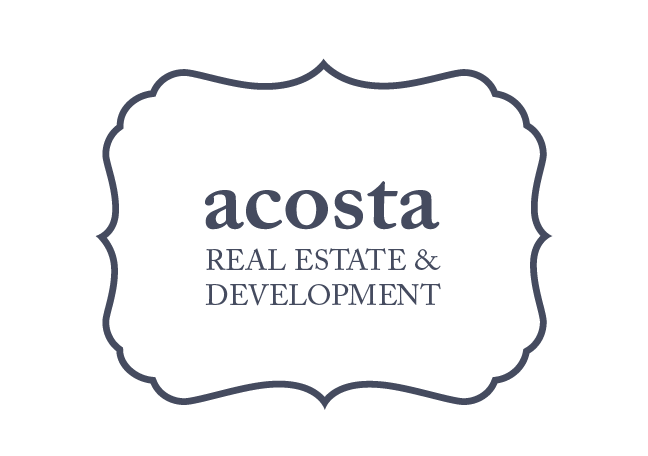Two years ago I was in Detroit, sitting in a leadership program dedicated to responsible land use and community leadership. A panelist dropped a simple sentence, “When Detroit’s renaissance began there were 4 community development organizations, now there are 16, each dedicated to the priorities of the neighborhoods they serve.” Immediately, I began to think how this collaboration and advocacy has been the true catalyst driving Detroit. You cannot change anyone, let alone a group or community, that isn’t ready or doesn’t find value in what you’re offering. As the city saw growth in some neighborhoods, others with different needs and goals banded together in pursuit of their own progress.
As the panelists continued and rotated, Cari Easterday took the floor and talked about Midtown Detroit, and how their organization helps small business owners, difficult development projects, and advocates for the financing to make them a reality (side note: Cari is genius and I hope to be half the finance guru she is). When I was working on the capital stack to save the Crapo Building from demolition, I put in grueling hours and took on meeting after meeting with anyone and everyone who would listen. I remember cold calling Community Development Financial Institutions asking if they had any new market allocations and a soft spot for historic buildings in small towns. I felt like such an underdog and vowed that if I grew into the leader I wanted to be, I would make sure to find paths and advocate for others to build their capacity to make a positive impact.
Now, I hear NO a lot..... A LOT.
When I started talking about the concept of a Community Development Organization (CDO) to serve the Great Lakes Bay Region, I heard a lot more interest from colleagues and questions of how it would work and benefit us. The group of incredible professionals who have given their free time and energy to this organization showcases how ready our region is for positive change and collaboration.
Here’s my “why”:
Competition: Community development requires a lot of public-private partnerships. If you aren’t as strong or capable as other communities across the state, those other communities will gladly take and execute projects with state, federal, and foundation dollars. Here’s the thing, these groups want to invest and help our region but if we can’t prove our ability to execute and innovate they aren’t going to take the risk. I don’t blame them.
Advocacy and collaboration is the basis for correcting this gap. We can build up one another. Advocate for ventures and plans. Strengthen new ventures and have a solid network of advocates who have offered guidance. If we cooperate locally and compete at a higher platform, we all win.
Talent: Every city and company is in need of professionals to fill their employment vacancies. Talented professionals want place. If we can create great places in our communities, it makes it easier for our companies to attract talent. More people and more places inside our downtowns, midtowns and cities across the region help to rebuild and stabilize our municipalities’ tax base.
Every project I’ve worked on, our teams proudly hire local companies as often as possible. This goes far beyond construction. We use local accountants, lawyers, realtors, graphic designers, interior designers, product suppliers, architects, and engineers. This accounts for millions of dollars in local investment. Having a steady stream of work and demand will help local and statewide companies choose to open offices in our communities. They will invest in employees and reinvest to broaden their skills. I want my law firm to have a need to train younger associates in these fields rather than expect us to hire firms in Detroit and Grand Rapids. I want the fees to go to my friends and stay here. I want them to spend it at local boutiques and restaurants.
Capital Flight: Did you know that a good amount of the money earned here in our region, gets invested elsewhere? People make good money here but they don’t consider our region a safe bet. I serve on boards with property owners who invest money in out of state properties and refuse to put a dime into the buildings they own around the corner. It’s easier to buy stocks or invest in a REIT that puts your money to work for you elsewhere. What if you had the option to make as good of return, or maybe more, while making a difference in your neighborhood instead?
These are some sizable motivators and progress doesn’t occur quickly, but we’ve designed a lean organization dedicated to overcoming these issues and more. We hope to continue making great community development so that our region as a whole can do well for itself by doing more good in our neighborhoods.

